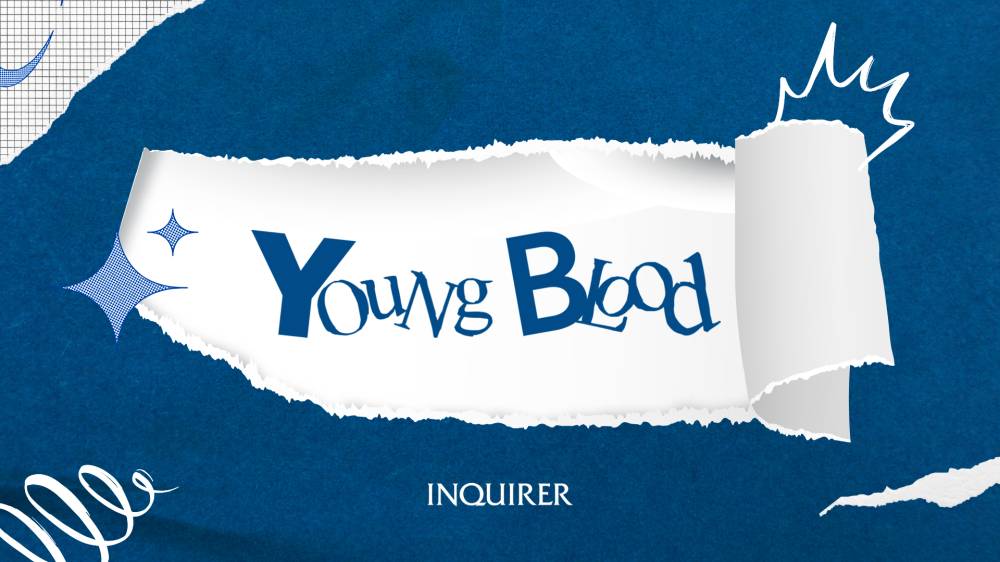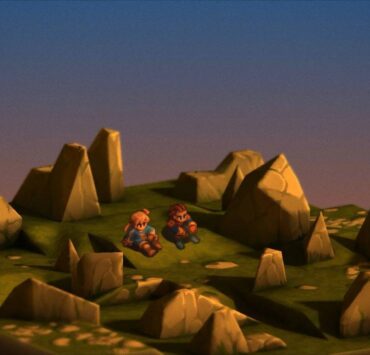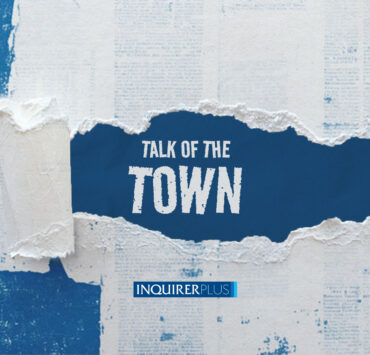To the tender rebels of our time

In this country, apathy is rewarded. The less you complain, the more “mature” you are. The quieter you stay, the more “respectful.” But what is maturity without conscience? What is respect when it means betraying the oppressed?
We’ve all been called names for caring too much.
“Woke.”
“Snowflake.”
“Pa-activist.”
“Performative.”
Some laugh at us for marching under the sun, for writing long posts no one seems to read, for asking too many “whys” in classrooms, for refusing to laugh at cruel jokes. Some even dismiss us as “OA” for crying when a forest burns, when a jeepney driver loses his livelihood, or when a student takes her life because the world was too heavy.
To all of us who have been ridiculed for feeling too much, I want to say: your tenderness is not a weakness.
I used to shrink whenever I spoke up in high school. Whenever I called out bullying, classmates would mock me: “bida-bida,” “woke,” or “eh di ikaw na magaling.” Some would roll their eyes and whisper that I was just “matalino sa Internet,” as if noticing injustice online made me naïve or performative. Their laughter made me want to disappear. At family gatherings, I faced similar judgment when I challenged homophobic comments, only to be told I was “too sensitive.” I would sit in the corner, cheeks burning, questioning myself: Why couldn’t I just laugh it off? Why couldn’t I stay quiet like everyone else?
But silence is easy when the world doesn’t hurt you.
The truth is, caring in a country like ours is an act of resistance. We live in a culture that tells us not to make a fuss, to mind our own business, to keep things “magaan lang.” But how can we stay lighthearted when prices of basic goods keep climbing while wages barely move? How can we stay silent when disinformation spreads faster than truth, when forests vanish in exchange for malls, when jeepney drivers are left behind by modernization, when farmers till land they don’t own, when rampant corruption diverts resources meant for the people, and when young people lose hope in the very future they deserve? Caring makes us inconvenient. And inconvenient people get labeled “woke” or “performative.”
I think about how “woke” started as awareness of injustice, of inequality, of voices long silenced. But in recent years, it has been twisted into an insult, as if being awake to suffering is something shameful. They laugh at us for being “too idealistic,” as if cynicism is the smarter choice.
And yet, history proves the opposite. Change always came from those who cared too much: from youth who risked their lives in martial law protests, from workers who organized despite threats, from women who demanded space in politics and society, from journalists who insisted on telling the truth when it was most dangerous. The world does not move forward because of indifference. It moves forward because people dared to feel.
I’ve also realized that caring is messy. It’s asking uncomfortable questions, feeling anger and sorrow, and sometimes standing alone in rooms that expect you to be silent. It’s feeling grief over a burning forest while trying to console someone who just lost a job. It’s writing a post that no one reads, yet knowing it matters to the one person who needed it.
Of course, I won’t pretend it’s easy. Being “progressive” often means being exhausted. It means losing friends who think you’re too intense, losing arguments to trolls who thrive on cruelty, losing faith in institutions that keep betraying us. It means holding on to hope even when every headline tells you not to. Sometimes, caring feels like screaming into a void, waiting for an echo that may never come.
But if we don’t care, who will?
There are days when I wish I could stop noticing, stop feeling so much. Life would be easier. But then I remember the jeepney driver I once spoke to, who told me he had no idea how he would send his kids to school once the new rules kicked in. I remember the classmate who confided how hard it was to study on an empty stomach. I remember the stories of students who gave up because the world demanded more than they could give. I remember the forests cut down in my province to make space for subdivisions, the rivers poisoned, the families evicted. It is their faces that keep me from looking away.
So if you’ve ever been mocked for crying over injustice, for marching in streets while others stayed home, for writing essays no one claps for, for speaking in classrooms that fall silent—you are not alone. You are part of a long line of people who refused to look away.
And remember: the world will not remember the ones who laughed at us for caring. But it will remember those who chose, even when it hurt, to keep caring anyway.
—————-
Kristel Alillo, 20, is an industrial engineering student at the First Asia Institute of Technology and Humanities in Batangas. She serves as the feature editor and executive literary folio editor of the school publication.

















